Recently I began to study deconvolution algorithms and met the following acquisition model:

where f is the original (latent) image, g is the input (observed) image, h is the point spread function (degradation kernel), n is a random additive noise and * is the convolution operator. If we know g and h, then we can recover f using Richardson-Lucy algorithm:

where  , (W,H) is the size of rectangular support of h and multiplication and division are pointwise. Simple enough to code in C++, so I did just so. It turned out that
, (W,H) is the size of rectangular support of h and multiplication and division are pointwise. Simple enough to code in C++, so I did just so. It turned out that  approximates to f while i is less then some m and then it starts rapidly decay. So the algorithm just needed to be stopped at this m - the most satisfactory iteration.
approximates to f while i is less then some m and then it starts rapidly decay. So the algorithm just needed to be stopped at this m - the most satisfactory iteration.
If the point spread function g is also unknown then the problem is said to be blind, and the modification of Richardson-Lucy algorithm can be applied:
For initial guess for f we can take g, as before, and for initial guess for h we can take trivial PSF, or any simple form that would look similar to observed image degradation. This algorithm also works quit fine on the simulated data.
Now I consider the multiframe blind deconvolution problem with the following acquisition model:

Is there a way to develop Richardson-Lucy algorithm for solving the problem in this formulation? If no, is there any other iterative procedure for recovering f, that wouldn't be much more complicated than the previous ones?

